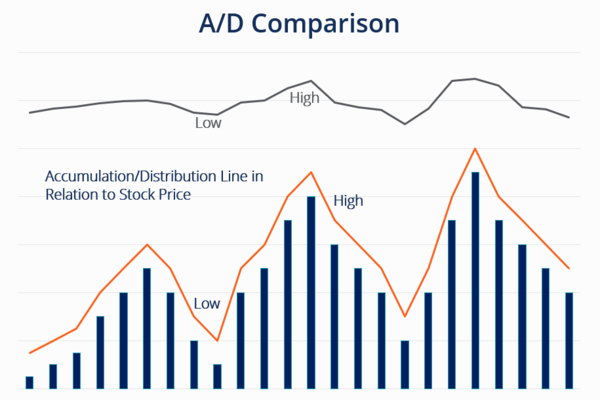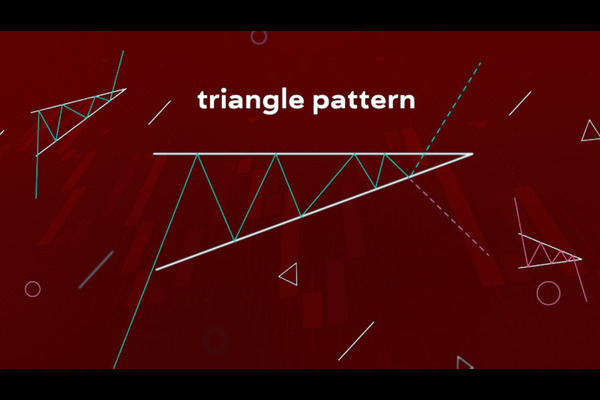The futures market risks mainly include: risks in the market environment, risks in market trading entities, and risks in market supervision.

Environmental Risks
After the launch of stock index futures, it will cause changes in the securities market environment, which will bring various uncertainties. Mainly from the following aspects:
(1) The Risk of Excessive Speculation in the Market.
The original intention of introducing stock index futures is to meet the needs of risk management, in order to suppress excessive speculation in the market to a certain extent. However, it is difficult to change the speculative psychology and behavior of traders in the short term. The attractiveness of index futures to traders mainly comes from its amplification effect of profit and loss. To some extent, the introduction of index futures tools may be equivalent to introducing another more speculative tool, Therefore, it is possible to further expand the speculative atmosphere in the securities market.
(2) Risks in Market Efficiency.
According to the theory of market efficiency, if the market price fully reflects all the currently available information, then this market is an efficient and strong market; If a few people have more information or obtain it earlier than a large number of investors and use it to make profits, then this market is an inefficient and weak market.
(3) The Risk of Trading Transfer.
Stock index futures, due to their low transaction costs and high leverage, will attract a portion of pure speculators or investors who prefer high risks to switch from the securities spot market to the stock index futures market, and even generate trading transfer phenomena. The supply of funds in the market is fixed, and in the early stages of the launch of stock index futures, the diversion of existing funds may impact the trading of the stock spot market. There are also examples of this abroad. After Japan launched stock index futures in 1998, the trading volume of the index futures market far exceeded that of the spot market, reaching a peak of 10 times that of the spot market, while the trading volume in the spot market became increasingly light.
(4) liquidity Risk
If the design of futures contracts is inappropriate, resulting in inactive trading, it will lead to a dilemma of having a market without a market. Setting aside other factors, the value of contracts is a key factor that directly affects the liquidity of the index futures market. Generally speaking, the higher the contract value, the poorer the liquidity. If the contract value is too high, exceeding the investment capacity of most market participants, it will exclude many participants from the market; If the contract value is too low, it will inevitably increase the cost of hedging, affecting investors' enthusiasm to use stock index futures for hedging. Therefore, the value of the contract will affect its liquidity.
Trading Risks
In practical operation, stock index futures are divided into three categories based on their trading nature which are hedging transactions, arbitrage trading and speculative trading.
Correspondingly, there are three types of trading entities: hedgers, arbitrageurs, and speculators. The investors involved in trading include securities issuers, fund management companies, insurance companies, and small and medium-sized retail investors, who constantly switch roles due to their participation in different types of transactions. Although the original driving force of stock index futures lies in hedging trading, the use of stock indices for speculation and arbitrage trading is an important reason for the rapid development of stock index futures.
(1) The Risks Faced by Hedgers.
A considerable number of investors who participate in stock index futures trading hope to use stock index futures for hedging to avoid risks. Although the establishment of stock index futures is to provide investors with normal risk avoidance channels and flexible operational tools, the success of hedging transactions is conditional on the consistency or strong correlation between the stock spot held by investors and the stock index structure. Even highly skilled investors, especially small and medium-sized retail investors, cannot fully achieve this in practical operations. If investors lack sufficient understanding of the futures market, hedging may fail.
The failure of hedging mainly stems from incorrect decisions, and the specific reasons include:
The first is that the composition structure of the stocks and futures indices that the hedger needs to hedge in the spot market is inconsistent;
The second is the incorrect expectation of the trend of price fluctuations, resulting in inappropriate timing for hedging;
The third is improper fund management, which lacks sufficient tolerance for significant fluctuations in futures prices. When futures prices move in an unfavorable direction in the short term, investors do not have enough margin to add and are forced to close their positions, resulting in the failure of the hedging plan midway.
(2) The Risks Faced by Arbitrageurs.
Arbitrage is a cross period cash flow between two markets. According to the pricing principle of stock index futures, their prices are determined by risk-free returns and stock dividend. In theory, if there is a strong correlation between the stock structure that arbitrageurs want to preserve and the futures index, then arbitrage is almost risk-free. But there is a prerequisite for obtaining this risk-free return: that is, the arbitrageur's estimate of the theoretical futures price is correct. If the estimation is incorrect, arbitrage carries risks. Since China's interest rate is not market-oriented, the company's dividend payout rate is uncertain, and the change of stock price is not determined by the intrinsic value of the stock to a large extent, arbitrage is technically risky for various reasons.
(3) The Risks Faced by Speculators.
Speculators face the three major risks mentioned earlier: "leverage", "uncertainty in price fluctuations", and "traders' own factors". Simply put, speculators are in an uncertain market, and any risk will be magnified dozens of times under leverage, including some of their own factors.
Speculative trading often accounts for a large proportion of trading volume in stock index futures. According to a market survey conducted in 1999 by the Hong Kong Futures Market, trading mainly focused on speculative profits accounted for 74% of the total market trading volume [hedging accounted for 17.5%, and arbitrage accounted for 8.5%]. In the futures market, the flow of funds involved in trading is fast, and the price fluctuations in the futures market are generally more severe than in other markets.
Regulatory Risks
The lack of regulatory basis for stock index futures leads to significant fluctuations in the trading rules of stock index futures, and the uncertainty of game rules will contain huge risks. Although this risk may not occur frequently, it is inevitable to intervene in the market through administrative orders when problems arise.
The securities and futures market is composed of listed companies, securities operating institutions, investors, and other market participants, and is effectively organized by securities and futures exchanges to operate normally. In this series of links, there should be corresponding legal norms.
What are the risks of futures? Simply put, it is mainly the risk of market fluctuations, as market fluctuations are uncertain and difficult to predict price trends.
【 EBC Platform Risk Reminder and Disclaimer 】: There are risks in the market, and investment needs to be cautious. This article does not constitute investment advice.







